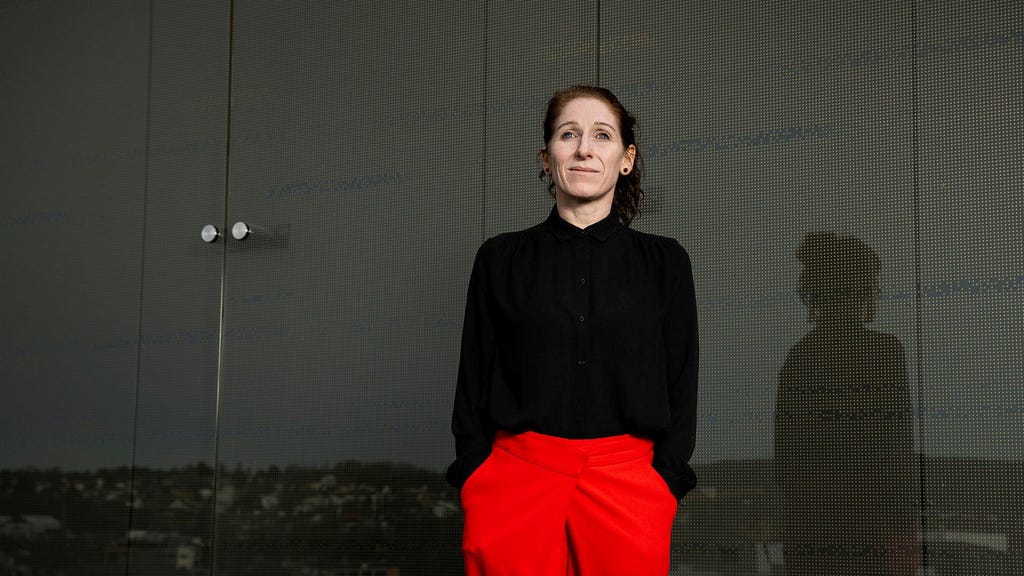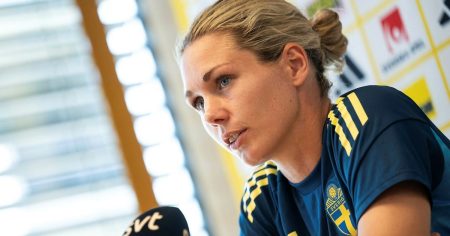The upcoming FIFA Extraordinary Congress is set to confirm the hosts for the 2030 and 2034 World Cups, a process marred by controversy and raising concerns about transparency and adherence to FIFA’s own reform principles. While the outcomes appear predetermined, with joint bids from Spain, Portugal, and Morocco (with additional matches in Argentina, Paraguay, and Uruguay) for 2030 and Saudi Arabia for 2034 being the sole candidates, the Norwegian Football Federation (NFF) is voicing its dissent. Instead of participating in the anticipated acclamation, a form of voting where approval is presumed and no formal ballot is held, Norway plans to abstain and vote against the process itself, highlighting what they perceive as a flawed and opaque decision-making process within FIFA.
The NFF’s protest stems from their belief that the bidding process has deviated significantly from the spirit and intent of FIFA’s 2016 reforms, which were implemented following a major corruption scandal. These reforms aimed to introduce greater transparency and accountability in the selection of World Cup hosts. However, the NFF argues that the current process lacks the predictability and adherence to established rules that the reforms were intended to ensure. Furthermore, the simultaneous awarding of two World Cups contradicts another reform designed to prevent the concentration of power and influence in the selection process. This deviation, along with the extremely short application window for the 2034 bid, raises concerns about pre-determined outcomes and a lack of genuine competition.
Adding to the controversy is the selection of Saudi Arabia as the proposed host for the 2034 World Cup. The NFF’s concerns echo broader criticisms regarding human rights issues in the country, particularly relating to the treatment of migrant workers involved in large-scale construction projects, such as those undertaken for the Qatar 2022 World Cup. The NFF has explicitly called on FIFA to address the recommendations of its own Human Rights and Social Responsibility Committee, which highlighted the lack of compensation for exploited workers in Qatar. The committee recommended a compensation fund, but FIFA has recently indicated that the funds will be diverted to other purposes, further fueling concerns about the organization’s commitment to protecting workers’ rights.
While the NFF is taking a clear stance against the perceived lack of transparency and potential human rights implications, other federations, such as the Swedish Football Association, have opted to support the proposed hosts. Despite acknowledging criticisms about the limited choices presented to member nations, the Swedish FA has decided to vote in favor of both bids. This divergence in approach highlights the complex political landscape within FIFA and the varying perspectives on balancing sporting interests with ethical considerations. The Swedish FA’s President, Fredrik Reinfeldt, has publicly criticized the ”pre-packaged” nature of the bids, yet this critique has not translated into concrete action beyond verbal dissent.
The NFF’s decision to abstain and vote against the process serves as a significant act of protest, aiming to draw attention to what they see as a flawed and ethically questionable selection process. Their call for greater transparency and adherence to FIFA’s own reforms underscores the ongoing challenges in ensuring ethical and accountable governance within international football. The NFF’s actions also highlight the growing pressure on FIFA to address human rights concerns when selecting host nations, particularly in light of the controversies surrounding the 2022 World Cup in Qatar. The NFF’s insistence on documenting their objections in the official record further emphasizes their determination to hold FIFA accountable for its actions and decisions.
The contrasting responses from different football federations, such as Norway and Sweden, illustrate the difficult balancing act between supporting the global sport and upholding ethical principles. While some choose to accept the proposed hosts despite reservations, others, like the NFF, are willing to take a more confrontational stance, challenging FIFA’s authority and demanding greater transparency and accountability. This tension between pragmatism and principle is likely to continue as FIFA navigates the complexities of hosting mega-events in an increasingly interconnected and ethically conscious world. The NFF’s actions serve as a reminder that the beautiful game cannot afford to turn a blind eye to human rights and transparent governance. The upcoming congress and its aftermath will likely reveal much about FIFA’s willingness to address these critical concerns and chart a more ethical course for the future of the World Cup.














